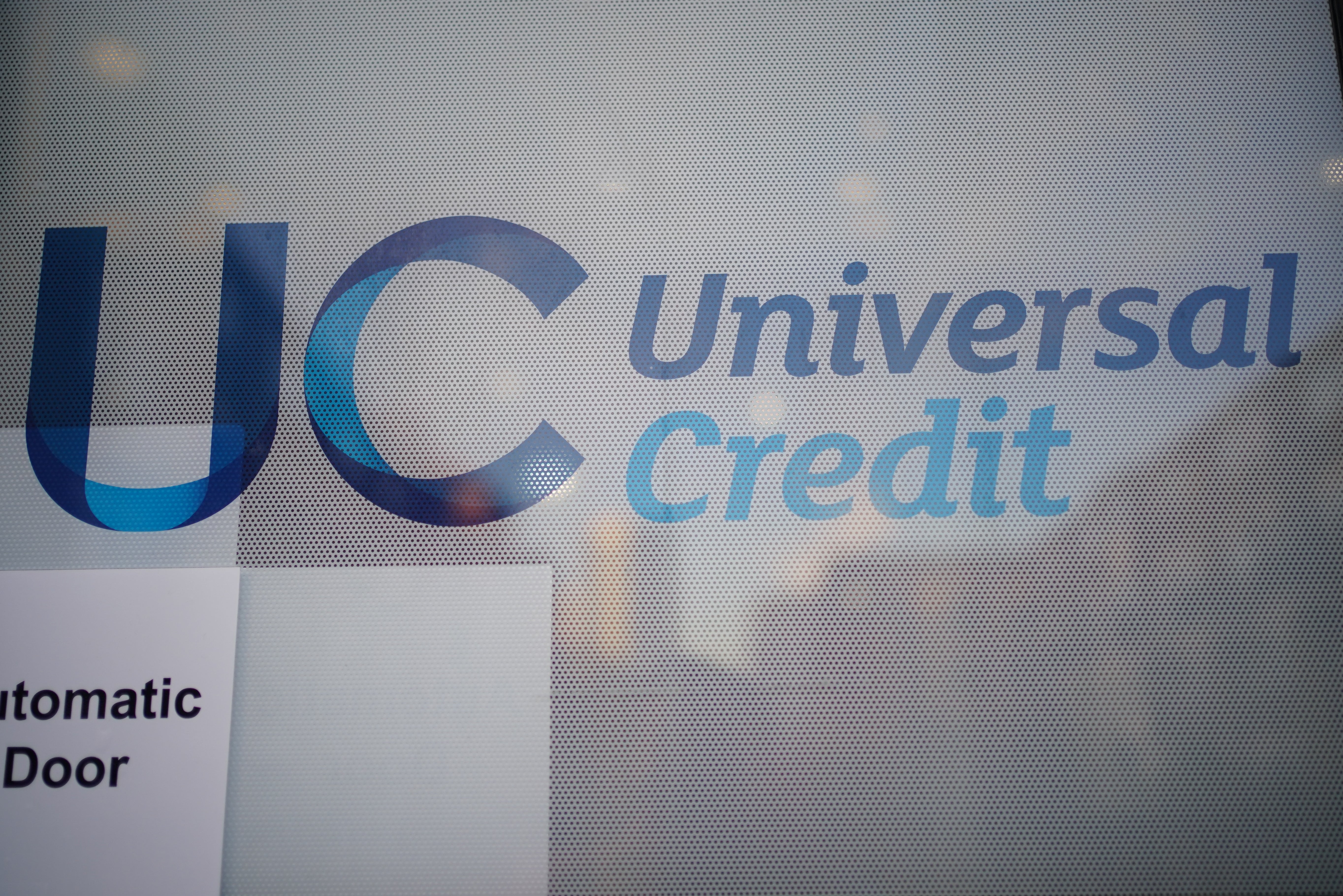UC changes introduced that could make some working claimants £1,000 better off
The Chancellor announced at the Budget that the taper rate would be cut and the work allowance increased.

Your support helps us to tell the story
From reproductive rights to climate change to Big Tech, The Independent is on the ground when the story is developing. Whether it's investigating the financials of Elon Musk's pro-Trump PAC or producing our latest documentary, 'The A Word', which shines a light on the American women fighting for reproductive rights, we know how important it is to parse out the facts from the messaging.
At such a critical moment in US history, we need reporters on the ground. Your donation allows us to keep sending journalists to speak to both sides of the story.
The Independent is trusted by Americans across the entire political spectrum. And unlike many other quality news outlets, we choose not to lock Americans out of our reporting and analysis with paywalls. We believe quality journalism should be available to everyone, paid for by those who can afford it.
Your support makes all the difference.Changes to Universal Credit that could make some working claimants £1,000 better off per year are to come in early to ensure more people can benefit before Christmas, the Government has said.
During his Budget speech last month, Chancellor Rishi Sunak set the deadline of “no later” than December 1 for the taper rate to be cut by 8%, but the Department for Work and Pensions (DWP) has announced that the reduction will come into force on Wednesday.
The Universal Credit (UC) taper rate, the amount of benefit taken away for every £1 earned above the claimant’s work allowance, will be brought down from 63% to 55%.
These changes come into force today and will mean, with Christmas approaching, hard-working families keeping an extra £1,000 a year of what they earn
The work allowance, the amount a claimant can earn before their benefit is reduced, will also increase by £500 per year.
The DWP said the changes to the taper rate and work allowance amounted to a tax cut worth £2.2 billion, possibly benefiting up to 500,000 more people before Christmas due to the decision to introduce it seven days before the Chancellor’s deadline.
But think tanks have warned that, while welcome, the taper rate cut will not make up for the reversal of the £20 weekly UC coronavirus pandemic uplift that was scrapped last month.
Work and Pensions Secretary Therese Coffey said: “From today, two million people will see their income boosted by £1,000 per year, on average, as we bring in an effective tax cut worth £2.2 billion for the lowest paid.
“We are making the change earlier than planned which means up to 500,000 more households can benefit before Christmas.”
Mr Sunak said: “We want this to be a country that rewards hard work by helping the lowest income families keep more of their hard-earned cash.
“That’s why at the Budget, I announced an effective tax cut for two million people worth over £2 billion.
“These changes come into force today and will mean, with Christmas approaching, hard-working families keeping an extra £1,000 a year of what they earn.”
Karl Handscomb, a senior economist at the Resolution Foundation think tank, praised the changes made by Government but warned that some families would still be “worse off overall” due to recent policy decisions.
He said: “This represents a major living standards boost to low-income families, by improving people’s incentives to enter work, and allowing them to keep more of their earnings.
“But while these changes mean more support for higher-earning families on Universal Credit this winter, the recent £20 a week cut in support means that 3.6 million families will still be worse off overall, particularly those who have lost their jobs, or who are unable to work.”
The Institute for Fiscal Studies (IFS) said the reforms would widen the net for how many families are entitled to UC.
Senior research economist Tom Waters said: “Another 600,000 families will become entitled to at least some Universal Credit, bringing the total to seven million – a quarter of working age families.
“It means that UC will now reach a long way up the earnings distribution – some families would still be entitled even if they became higher rate taxpayers.”
The DWP said that a single claimant with one child working 35 hours a week on the so-called “national living wage”, and with housing costs of £142 a week, could be £120 per month better off after wage rises and the taper and allowance changes are taken into account.
As of April, the “national living wage” is due to rise from £8.91 to £9.50 for those aged 23 and over.